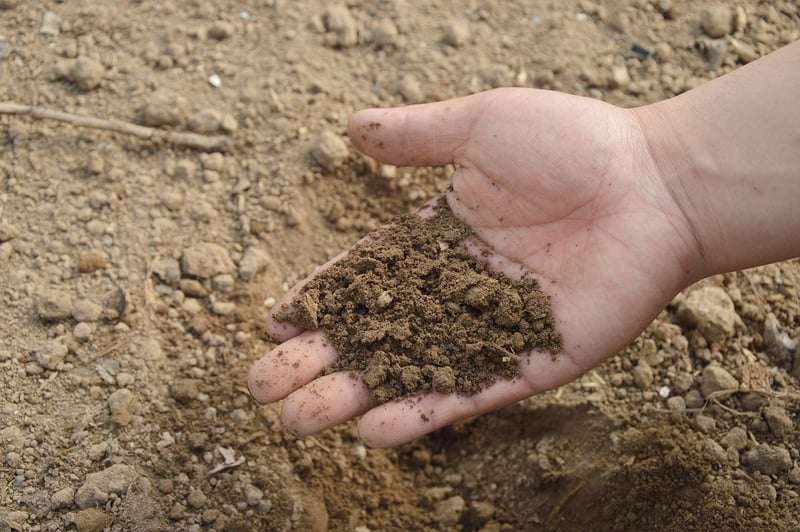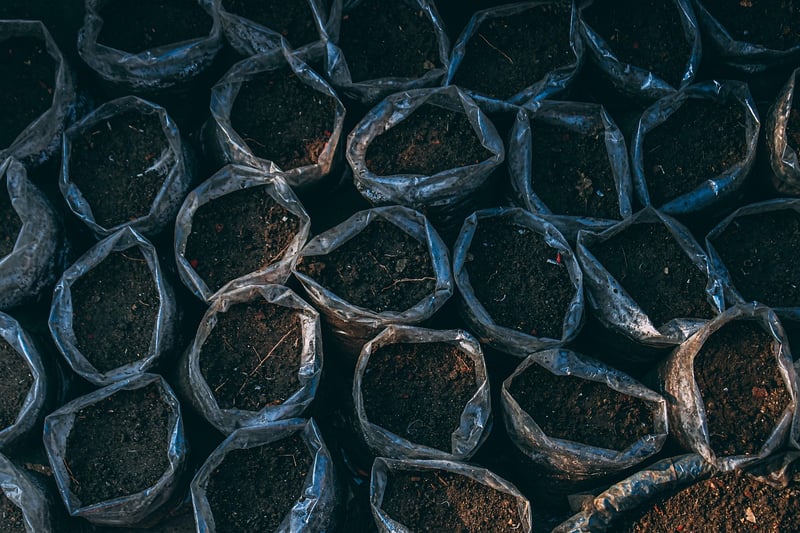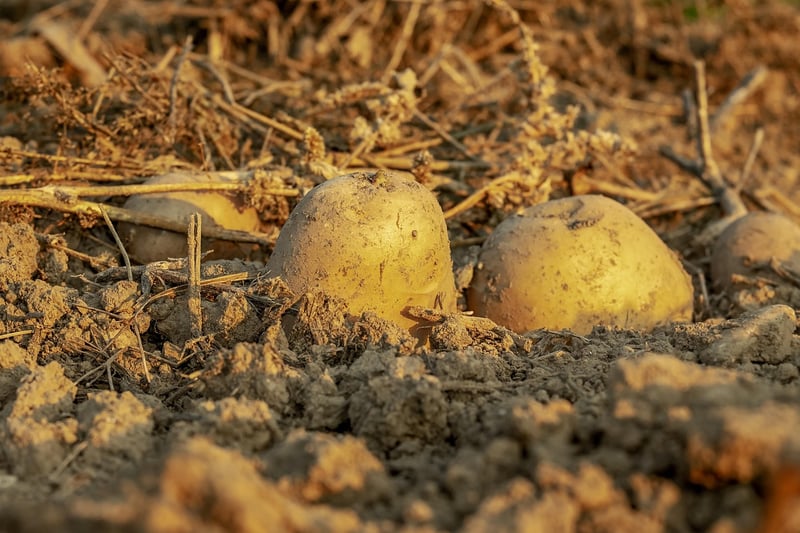Nutrient-Rich Soil
The Ultimate Guide to Creating Organic Fertilizers and Nutrient-Rich Soil
Introduction
Welcome to our comprehensive guide on how to create organic fertilizers and nutrient-rich soil for your plants. Whether you are a seasoned gardener or just starting out, understanding the importance of organic fertilizers and healthy soil is essential for growing thriving plants.
Why Choose Organic Fertilizers?
Organic fertilizers are derived from natural sources and provide a slow release of nutrients to plants, promoting long-term soil health and sustainability. They also improve soil structure, water retention, and microbial activity, leading to healthier plants and increased yields.
Creating Your Own Organic Fertilizer
- Compost: Utilize kitchen scraps, yard waste, and other organic materials to create nutrient-rich compost for your plants.
- Manure: Use well-aged animal manure from sources such as cows, horses, or chickens to provide a balanced mix of nutrients to your soil.
- Organic Plant Matter: Incorporate items like seaweed, coffee grounds, or eggshells to add specific nutrients to your fertilizer mix.
- Green Manure: Plant cover crops like clover or alfalfa and till them back into the soil to improve fertility.
Benefits of Nutrient-Rich Soil
Healthy soil is the foundation for successful gardening. Nutrient-rich soil provides essential elements for plant growth, improves water retention, and fosters beneficial microbial activity that aids in nutrient uptake.
Improving Soil Quality
By incorporating organic matter, such as compost and mulch, into your soil, you can enhance its structure, fertility, and overall health. Regularly testing your soil's pH and nutrient levels will help you adjust your fertilizer applications accordingly.
Conclusion
Creating organic fertilizers and maintaining nutrient-rich soil is a rewarding practice that benefits both your plants and the environment. By following the steps outlined in this guide, you can ensure that your garden thrives with vibrant, healthy growth.


For more information on organic gardening practices and sustainable living, visit www.organicgardening.com.
